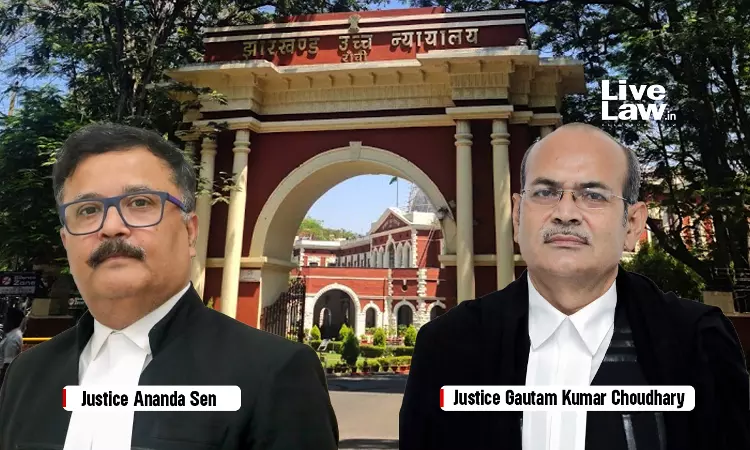S.60 Indian Evidence Act | Person Who Has Seen Or Heard A Fact Can Be Said To Provide Direct Evidence: Jharkhand High Court
Bhavya Singh
9 Nov 2024 3:30 PM IST

Next Story
9 Nov 2024 3:30 PM IST
The Jharkhand High Court has upheld the murder conviction of a constable, emphasising the reliability of direct evidence under Section 60 of the Evidence Act. The Court clarified that testimony from an eyewitness who directly observed or heard a fact constitutes direct evidence.The division bench of Justice Ananda Sen and Justice Gautam Kumar Choudhary noted, “Informant is a direct eye...
